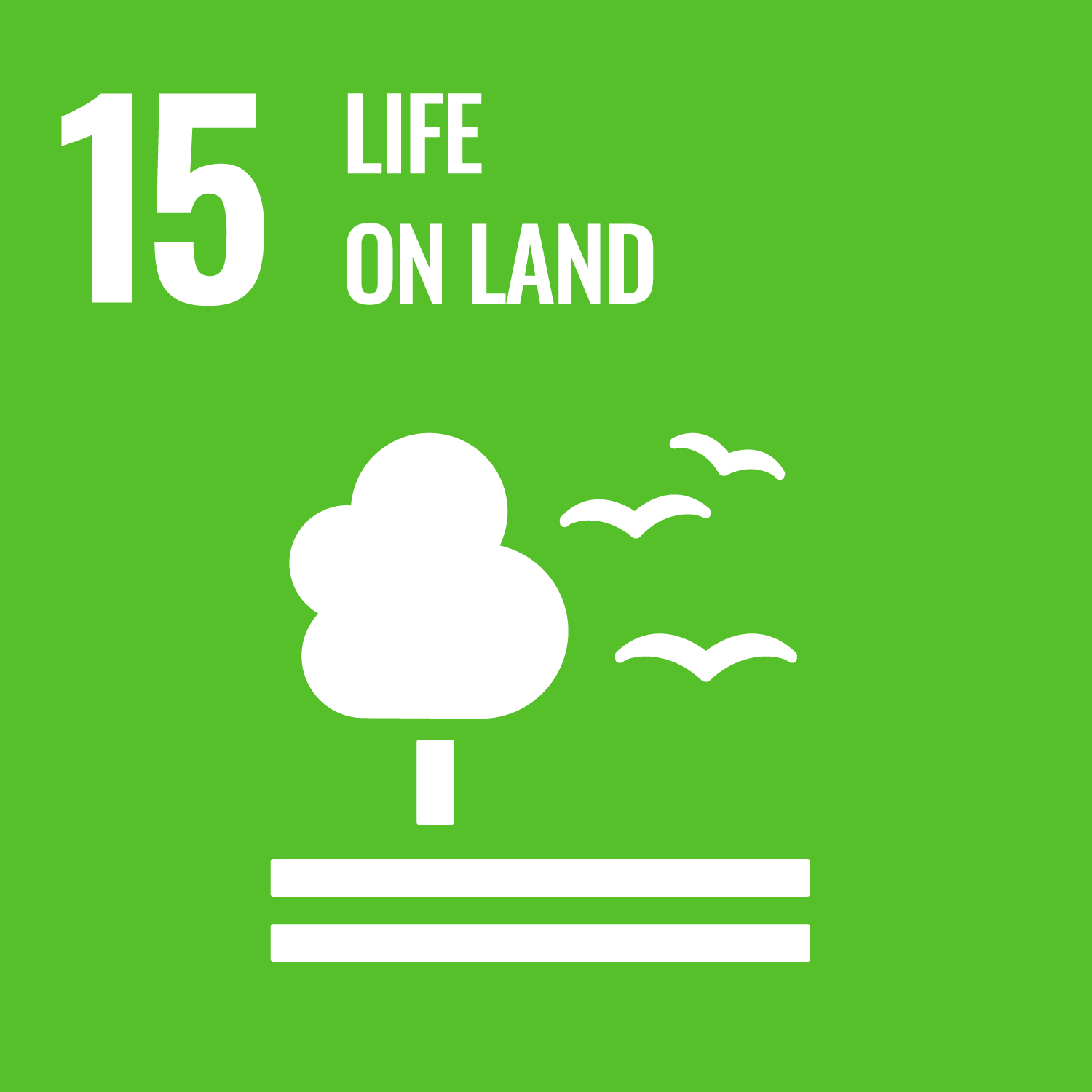This course introduces the basis of inorganic chemistry. By using atomic orbital (AO) and molecular orbital (MO) theories,
the properties and reactivities of chemical elements will be discussed.
The aim of this course is to provide the way of thinking of inorganic chemistry to understand the behavior of chemical elements.
The course also provides a wide scope of the relationship between daily life and inorganic chemistry.
- To be able to describe to the properties of the each chemical elements using AO and MO theories.
- To be able to consider the social problems with inorgamic chemistry.
- To be able to discuss the chemical/physical properties of inorganic compounds based on 3D-structuers.
- To be able to understand fundamental theories of chemical complexes.
- To be able to calculate using basic units of of basic radiochemistry.
| mini test | term-end exam | review report | Total. | |
|---|---|---|---|---|
| 1. | 14% | 14% | 2% | 30% |
| 2. | 15% | 15% | 2% | 32% |
| 3. | 15% | 15% | 2% | 32% |
| 4. | 1% | 1% | 1% | 3% |
| 5. | 1% | 1% | 1% | 3% |
| Total. | 46% | 46% | 8% | - |
Your final grade will be calculated according to the following process: mini tests (46%) examination (46%) and review report(8%).
To pass, students must earn at least 60 points out of 100.
| Class schedule | HW assignments (Including preparation and review of the class.) | Amount of Time Required | |
|---|---|---|---|
| 1. | Introduction | Preparation using printed materials | 155minutes |
| 0minutes | |||
| 2. | Atomic orbital Molecular orbital Periodic table Noble gas |
Printed materials will be distributed | 90minutes |
| 3. | Hydrogen Nuclear magnetic resonance (NMR) |
Printed materials will be distributed | 90minutes |
| 4. | Oxygen Water |
Printed materials will be distributed | 90minutes |
| 5. | Alkaline metals Alkaline earth metals |
Printed materials will be distributed | 90minutes |
| 6. | Halogen Chalcogens (chemical elements in groups 16) |
Printed materials will be distributed | 90minutes |
| 7. | Mid-Term exam Review of chapter 1-6 |
Review and submit a report on chapter 1-6 | 750minutes |
| 8. | Pnictogen (chemical elements in groups 15) | Printed materials will be distributed | 90minutes |
| 9. | Boron group (chemical elements in groups 13) Carbon group (chemical elements in groups 14) |
Printed materials will be distributed | 90minutes |
| 10. | Transition elements 1 | Printed materials will be distributed | 90minutes |
| 11. | Transition elements 2 | Printed materials will be distributed | 90minutes |
| 12. | Transition elements 3 | Printed materials will be distributed | 90minutes |
| 13. | Radiochemistry | Printed materials will be distributed | 90minutes |
| 14. | Term-end exam Review of chapter 8-13 |
Review and submit a report on chapter 8-14 | 755minutes |
| Total. | - | - | 2650minutes |
| ways of feedback | specific contents about "Other" |
|---|---|
| Feedback in the class |
The students are recommended to complete "Basic Chemistry A" or "Basic Chemistry B" prior to this class.
- Please ask any time in your class if you have questions and problems. After the class, we will accept questions and consultation in the learning support room:: in the second semester on Mon / Wed (17:00~18:40), Tue / Thu / Fri (15:10~18:40).
- Course that cultivates an ability for utilizing knowledge
- Course that cultivates a basic problem-solving skills
| Work experience | Work experience and relevance to the course content if applicable |
|---|---|
| N/A | N/A |




- 7.AFFORDABLE AND CLEAN ENERGY
- 9.INDUSTRY, INNOVATION AND INFRASTRUCTURE
- 11.SUSTAINABLE CITIES AND COMMUNITIES
- 15.LIFE ON LAND
Last modified : Tue Sep 17 18:11:40 JST 2024
